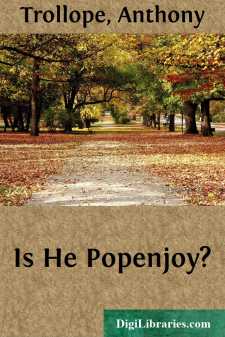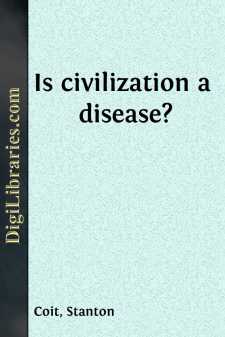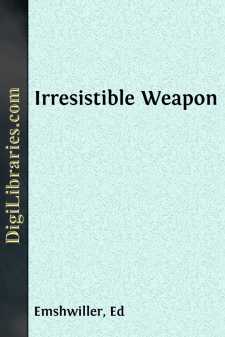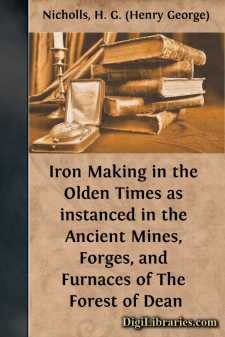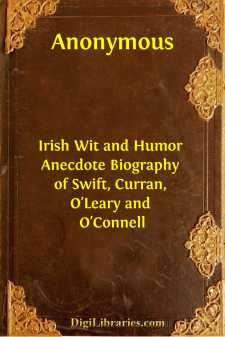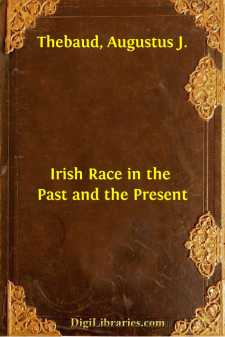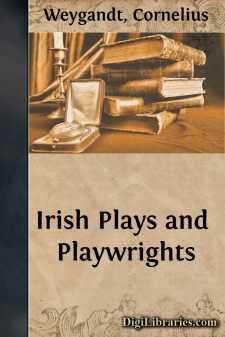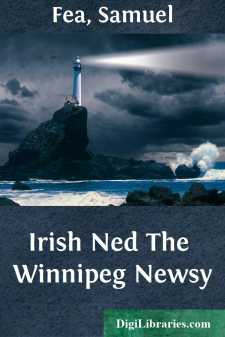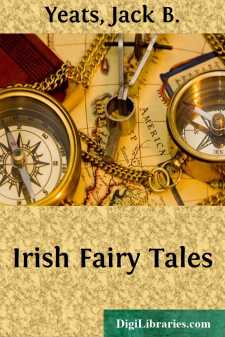Categories
- Antiques & Collectibles 13
- Architecture 36
- Art 48
- Bibles 22
- Biography & Autobiography 813
- Body, Mind & Spirit 142
- Business & Economics 28
- Children's Books 17
- Children's Fiction 14
- Computers 4
- Cooking 94
- Crafts & Hobbies 4
- Drama 346
- Education 46
- Family & Relationships 57
- Fiction 11829
- Games 19
- Gardening 17
- Health & Fitness 34
- History 1377
- House & Home 1
- Humor 147
- Juvenile Fiction 1873
- Juvenile Nonfiction 202
- Language Arts & Disciplines 88
- Law 16
- Literary Collections 686
- Literary Criticism 179
- Mathematics 13
- Medical 41
- Music 40
- Nature 179
- Non-Classifiable 1768
- Performing Arts 7
- Periodicals 1453
- Philosophy 64
- Photography 2
- Poetry 896
- Political Science 203
- Psychology 42
- Reference 154
- Religion 513
- Science 126
- Self-Help 84
- Social Science 81
- Sports & Recreation 34
- Study Aids 3
- Technology & Engineering 59
- Transportation 23
- Travel 463
- True Crime 29
Sort by:
TO JOHN RUSKIN. My dear Mr. Ruskin,—You have given me very great pleasure by allowing me to inscribe this book to you, and for two reasons; for I have two kinds of acknowledgment that I wish to make to you—first, that of an intellectual debtor to a public teacher; secondly, that of a private friend to the kindest of private friends. The tribute I have to offer you is, it is true, a small one; and...
more...
by:
Anthony Trollope
INTRODUCTORY.—NUMBER ONE. I would that it were possible so to tell a story that a reader should beforehand know every detail of it up to a certain point, or be so circumstanced that he might be supposed to know. In telling the little novelettes of our life, we commence our narrations with the presumption that these details are borne in mind, and though they be all forgotten, the stories come out...
more...
by:
Stanton Coit
I. TRADE TYPICAL OF CIVILIZATION In choosing "The Morals of Trade" as the general title of the Weinstock Lectureship, I am informed that its founder meant the word "Trade" to be understood in its comprehensive sense, as commensurate with our whole system of socialized wealth—at least, upon the present occasion I shall interpret it in this broad way. I shall furthermore ask you to...
more...
by:
Ed Emshwiller
In the special observation dome of the colossal command ship just beyond Pluto, every nervous clearing of a throat rasped through the silence. Telescopes were available but most of the scientists and high officials preferred the view on the huge telescreen. This showed, from a distance of several million miles, one of the small moons of the frigid planet, so insignificant that it had not been...
more...
If there be one circumstance more than another that has conferred celebrity on the Forest of Dean, it is the remote origin, perpetuation, and invariably high repute of its iron works. Uniting these characteristics in one, it probably surpasses every other spot in Great Britain. In the author’s former “historical account” of this neighbourhood, he gave all the information he had then collected...
more...
by:
Anonymous
HIS BIRTH. Dr. Jonathan Swift, Dean of St. Patrick's, was born a.d. 1667, in Hoey's Court, Dublin, the fourth house, right hand side, as you enter from Werburgh-street. The houses in this court still bear evidence of having been erected for the residence of respectable folks. The "Dean's House," as it is usually designated, had marble chimney-pieces, was wainscotted from hall to...
more...
"In the Southern Ocean, the greater part of Australia, Tasmania, Norfolk, Van Diemen's Land, New Zealand, and many other groups of Oceanica are hers. "What other state can compete with her in the management of colonies, and in the selection of situations from which she could command the sea? Jersey and Guernsey are her keys of the Straits of Dover; from Heligoland she can open or shut the...
more...
Chapter I To the general reader the Celtic Renaissance was a surprise, and even to Irish writers deeply interested in their country the phenomenon or movement, call it which you will, was not appreciated as of much significance at its beginning. Writing in 1892, Miss Jane Barlow was not hopeful for the immediate future of English literature in Ireland;—it seemed to her "difficult to point out any...
more...
by:
Samuel Fea
CHAPTER I. "Free Press! T'bune! Telegram! Papers, sir? Three for a nickel! Press, T'bune and Telegr-r-r-ra-m-m-m-m!" It was a hot afternoon in August, at the corner of Portage Avenue and Main Street, the busiest thoroughfare in the busy city of Winnipeg, now at its busiest and noisiest; but above the noise and din of traffic rose shrill and clear the persistent cry of "Press,...
more...
by:
Jack B. Yeats
AN IRISH STORY-TELLER am often doubted when I say that the Irish peasantry still believe in fairies. People think I am merely trying to bring back a little of the old dead beautiful world of romance into this century of great engines and spinning-jinnies. Surely the hum of wheels and clatter of printing presses, to let alone the lecturers with their black coats and tumblers of water, have driven...
more...



